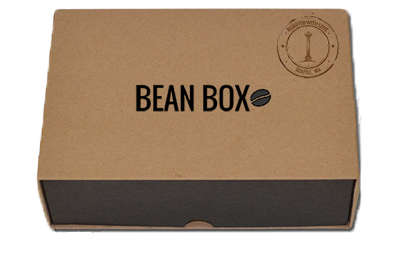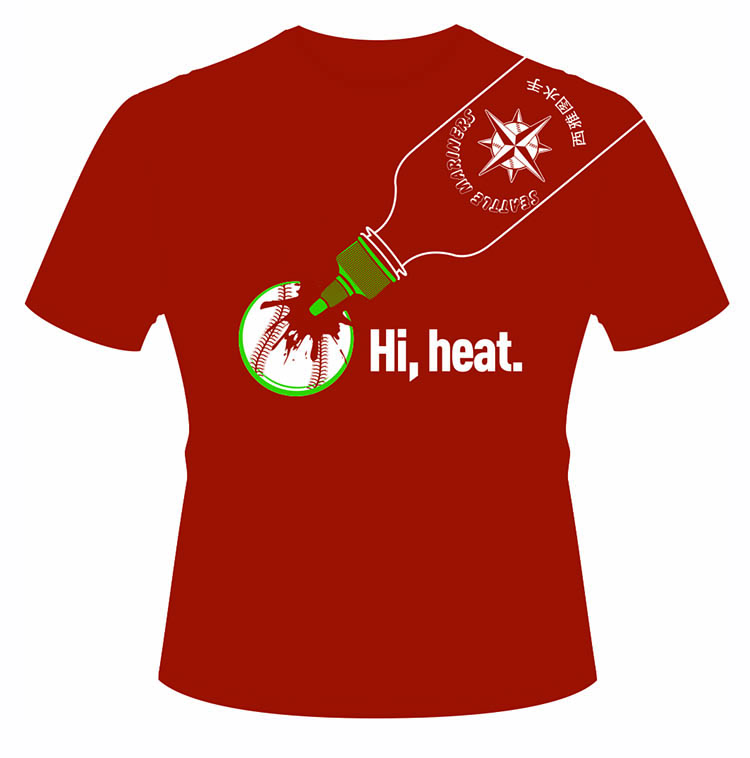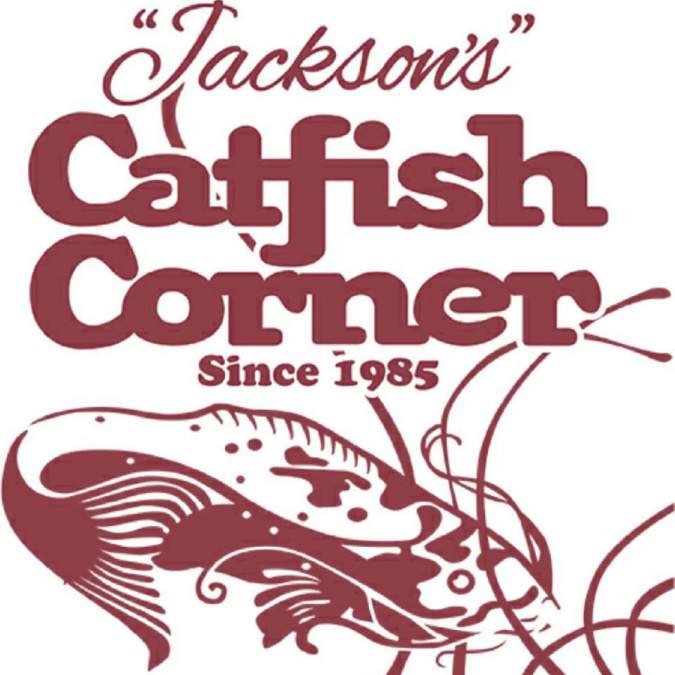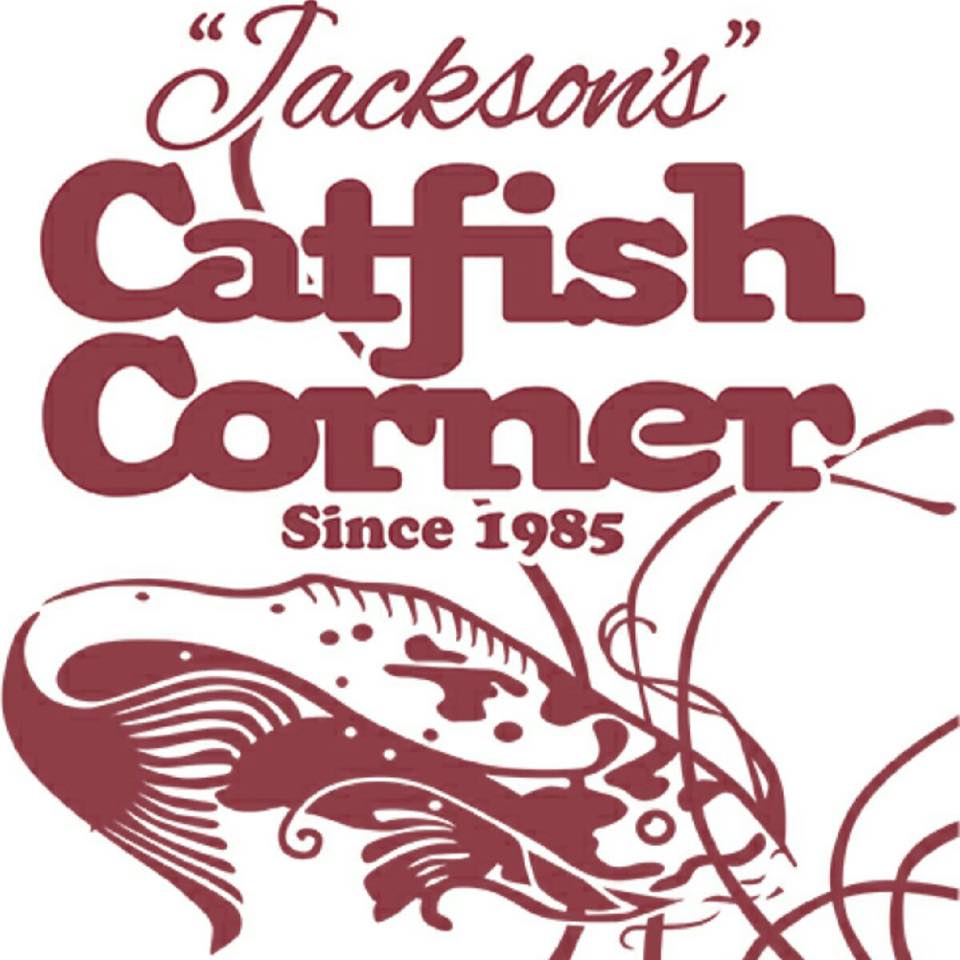Matthew Berk and Ryan Fritsky hand-deliver their Bean Boxes to the Post Office. Courtesy Bean Box
What do two local software guys who have a passion for coffee and aspire to work in an industry with more tangible personal impact do? They create a company focused on bringing coffee roasted here in Seattle to your home—one box at a time.
Step 1: Get yourself a small box.
Step 2: Put your beans in the box.
Meet the Bean Box boys: Co-founders Ryan Fritzky and Matthew Berk bucked the trend of launching yet another technology startup by focusing on common ground (literally)—coffee. They realized the links that coffee made for them in both their professional and personal lives; whether talking to customers about products, engineers about software design, or friends about new experiences, these conversations were always held over a cup of joe. Buying holiday gifts for customers, they’d always go to ETG in Fremont. All the dots were connecting—and that’s when the idea struck for Bean Box.
I met Fritzky and Berk at one of my favorite cafes in Seattle, Milstead and Co., to talk coffee beans. Asked how they were making the coffee-of-the-month-club concept different, their answer was simple: Seattle roasters all have interesting personal stories and unique roasting processes. They don’t follow a generic methodology, using the same green beans to create the same roast. Each roaster has a different style, just as a cabernet from adjacent vineyards can taste completely different once a winemaker has plied his trade. Roasting is a nuanced process that evokes varying flavors from a bean based on technique. Fritzky says, “We want to bring people in, help them appreciate the art of roasting, and make these different styles accessible to customers.”
Their mission with Bean Box centers on three key concepts: discovery (helping people find great coffee and changing the culture of coffee as a convenience and habit for most), freshness (as a rule in the U.S., coffee isn’t fresh; all roasters have a window when their product is fresh, and often what we drink is past its flavor peak), and accessibility (helping people explore what we take for granted in Seattle).
The evolving roaster roster for Bean Box currently includes Kuma, Lighthouse, Herkimer, Seven, Ladro, Broadcast, Tin Umbrella, and—this month’s feature—Keala’s, which uses beans from Hawaii. More roasters are being added frequently.
Before starting Bean Box, the pair developed and patented a mobile app as a “recommendation exchange.” They found that people avidly use the platform to share their experiences with coffee, brewing equipment, roasters, and cafes. Berk adds, “Generally, people don’t have palates developed for coffee, and we can help them. People gather over coffee and it brings them together. They also want to share their experience, and we give coffee mavens the platform to do so.”
Here’s what you get when you order from Bean Box: four 1.7-ounce sample bags of each roast, with the roast
date noted, for $20 a month. Roasts range from dark to light and give the customer different flavor profiles for comparison. Each box contains an insert that tells about each roaster, with tasting notes and comments on the coffee. Every month you get four new varieties from different Seattle-based roasters. Also, customers can reorder 12-ounce bags of any roast they love.
What else makes Bean Box different from other subscription coffee services? Freshness. The beans they ship are always roasted just the day before. Normally there’s a 14-day lag getting beans to customers after they’ve been roasted and then shipped to a warehouse. “Double shipping just kills the beans and flavors,” says Berk.
Apparently there is a large market for the product; Bean Box did a “soft launch” in mid-September and shipped to 34 states and two Canadian provinces. Customers include those who want to experience Seattle coffee culture, locals shipping beans to their friends from afar, and those who have left Seattle and want a taste of home. (For more information, see beanbox.co or on facebook.)
Citizen Food is dedicated to everyday Seattleites who are willing adventurers in food culture, and typically have a day job outside the food industry. Know someone who fits the bill? Email us at food@seattleweekly.com








